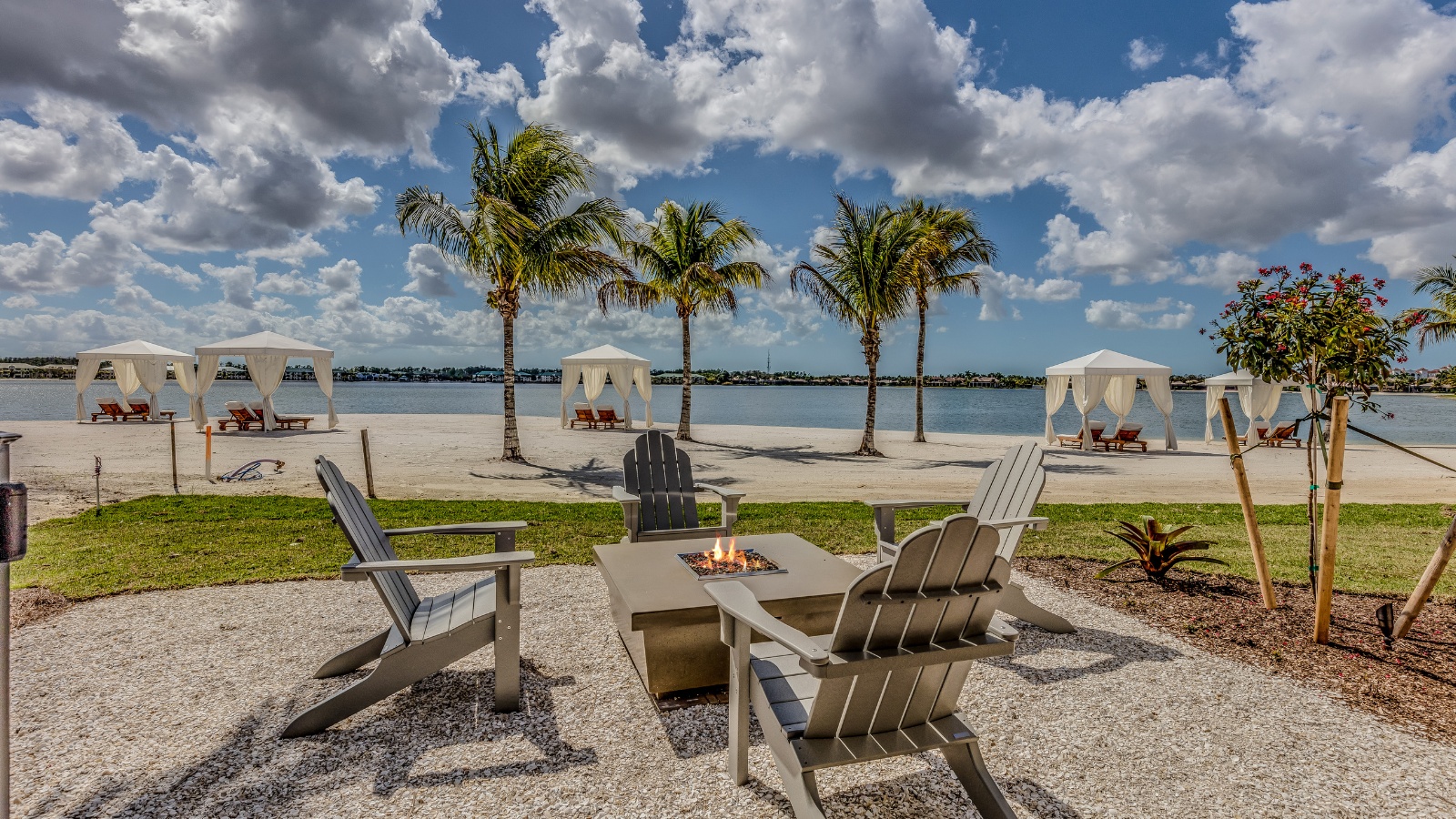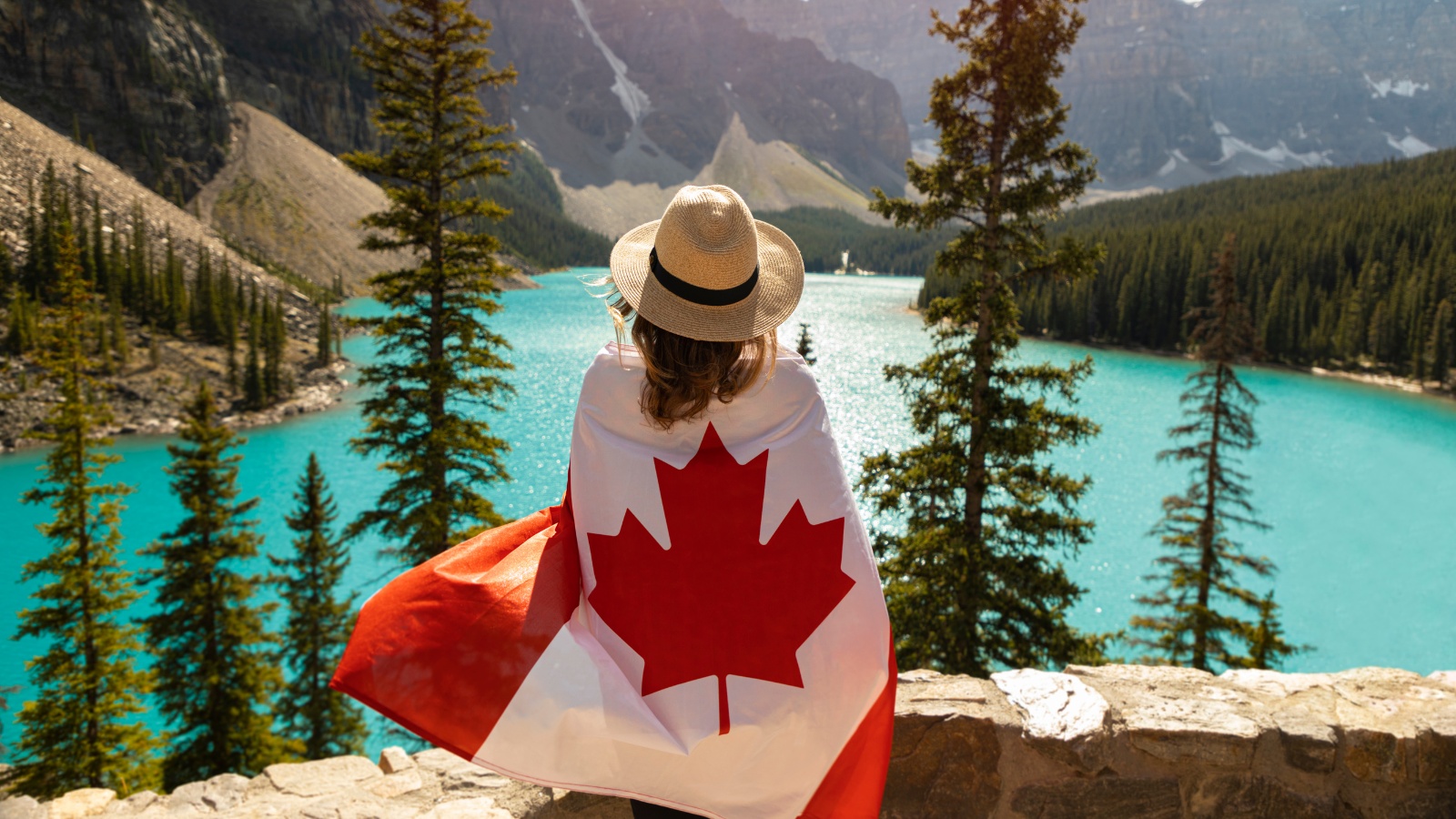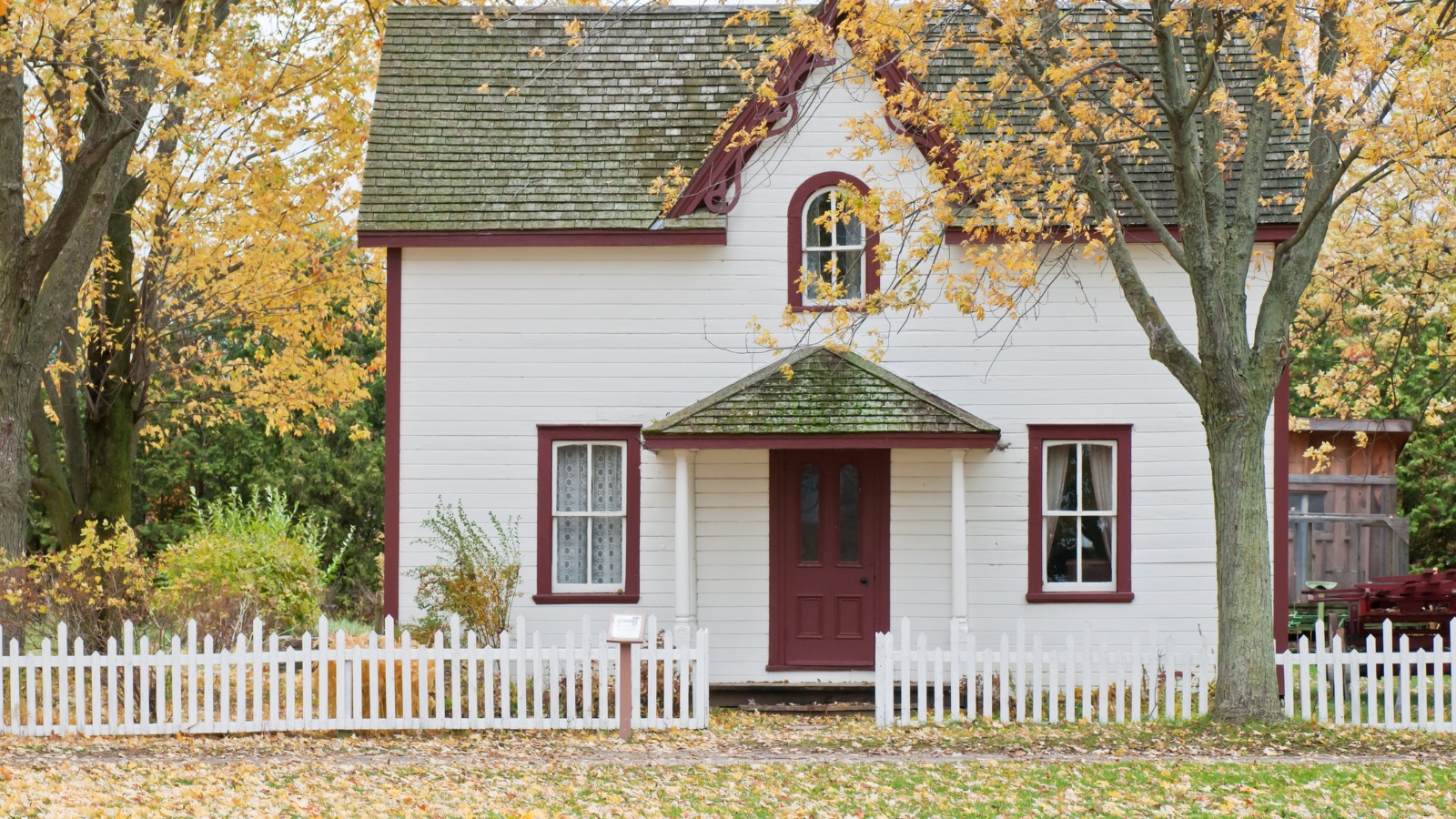Buying a Vacation Property: Financing and Considerations for Canadians
Owning a vacation property is a true dream for many Canadians, offering a peaceful escape or an investment opportunity. Whether you’re envisioning a lakeside cabin in British Columbia or a cozy chalet in Quebec, purchasing a second home comes with its own set of financial considerations, distinct from your primary residence. In this blog, we’ll explore the essential financing options and factors to consider when buying a vacation property in Canada, linking them to insights from previous mortgage topics such as closing costs, mortgage insurance, and mortgage affordability.
1. Why Buy a Vacation Property?
Vacation properties offer flexibility, financial gains, and lifestyle benefits. For some, it’s the appeal of having a personal retreat where family memories are made; for others, it’s an investment opportunity that can generate rental income or long-term appreciation. But before jumping into the purchase, it’s important to weigh the benefits against the financial realities, especially in a market like Canada’s, where real estate prices can vary widely.
2. Understanding Your Financial Situation
Before embarking on the purchase of a vacation property, it’s crucial to assess your current financial standing. Buying a second home means managing two sets of property expenses, from mortgages to utilities and maintenance. Use an affordability calculator to determine whether you can comfortably manage these costs while maintaining your primary residence. As we discussed in the blog on mortgage affordability, having a clear understanding of your budget is the first step in any major financial decision.
3. Financing Options for a Vacation Property
Purchasing a second home requires a different approach to financing compared to your primary residence. Mortgage lenders typically view vacation properties as riskier investments, especially if they are in remote areas or not used year-round. Consequently, down payment requirements and interest rates tend to be higher.
Traditional Mortgage
For a vacation property that you intend to use personally (and not as a rental property), you may qualify for a conventional mortgage. Generally, lenders will require at least a 20% down payment, which is higher than the minimum for a primary residence. Keep in mind that vacation properties often come with higher interest rates due to the associated risks.
Second Mortgage
A second mortgage might be an option if you’re looking to leverage the equity in your primary residence to finance the purchase of a vacation home. As we explored in the blog “Second Mortgages vs. Refinancing,” this option can provide access to a significant amount of funds, though it comes with its own risks, such as the potential foreclosure of your primary residence if you’re unable to make payments.
Refinancing Your Primary Home
Refinancing your current home could allow you to use the increased equity in your primary residence to fund the down payment for your vacation property. By lowering the interest rate on your existing mortgage, you might free up cash for this new purchase. However, as discussed in our blog on refinancing, it’s important to assess the costs, such as prepayment penalties and refinancing fees.
Rental Income and Investment Properties
If you’re buying a vacation property with the intention of renting it out, your financing options may differ. Lenders often require a larger down payment, sometimes as high as 30%, if the property will generate rental income. Be sure to factor in the tax implications as well, which we covered in the blog about owning rental property in Canada. Rental income can affect your tax bracket, and you may also be subject to capital gains taxes if you sell the property in the future.
4. Mortgage Default Insurance: Is It Necessary?
When purchasing a second home, mortgage default insurance is often a consideration, especially if your down payment is less than 20%. Canada Mortgage and Housing Corporation (CMHC) typically provides mortgage insurance for primary residences, but private mortgage insurance might be necessary for vacation homes. This can add to the overall cost of the mortgage. Refer back to our blog on “Understanding Mortgage Default Insurance: CMHC vs. Private Insurance” for more on the pros and cons of these insurance options.
5. Considering Closing Costs
Just like buying your primary home, a vacation property comes with additional expenses that go beyond the purchase price. These closing costs can include:
- Legal fees
- Land transfer taxes
- Property inspections
- Appraisal fees
In our blog on closing costs, we emphasized how these additional expenses can add up quickly, so it’s important to budget for them. For a vacation property, you may also need to consider the costs of maintenance, property management (if you plan to rent it out), and seasonal upkeep, particularly if the property is in a location with harsh weather conditions.
6. Location, Location, Location
The location of your vacation property will play a significant role in both its enjoyment and its financial implications. For instance, a waterfront property in British Columbia might come with higher insurance premiums due to flood risks, while a ski chalet in Quebec could require additional heating costs during the winter months.
Additionally, accessibility is a key factor. Lenders may be hesitant to approve mortgages for properties that are in remote areas, as these are considered higher-risk investments. In our blog on choosing the right neighborhood, we discussed how proximity to amenities and infrastructure is a crucial factor in real estate. The same principles apply to vacation homes, as accessibility can impact both property values and your enjoyment of the property.
7. Tax Implications
Owning a second property in Canada comes with unique tax implications. If you’re renting out your vacation property, any income earned is taxable. You’ll also need to consider the capital gains tax when selling the property. As we explored in our blog on rental property tax implications, careful planning and consultation with a tax advisor are essential to navigating the complex tax landscape.
In some provinces, additional taxes, such as a speculation and vacancy tax, may apply to properties that are not occupied year-round. British Columbia, for example, has implemented such taxes in certain areas to curb real estate speculation. Be sure to check the local tax laws in the area where you’re buying.
8. The Role of Professional Guidance
Purchasing a vacation property is a major financial decision, and the right professional support can make all the difference. Working with a mortgage broker, such as GLM Mortgage Group, ensures that you find the best financing options for your unique situation. GLM has extensive experience in helping Canadians navigate the mortgage process, particularly for vacation and second homes.
9. Final Thoughts
Owning a vacation property in Canada can be a rewarding investment, but it’s essential to approach the process with a solid understanding of the financial implications. From securing the right mortgage to budgeting for additional costs like taxes, insurance, and maintenance, careful planning will help ensure that your vacation home is a source of joy, not financial stress.
By taking the time to explore all financing options and understanding the tax implications, you’ll be better prepared to make this significant purchase. And remember, a trusted mortgage broker can help guide you every step of the way, making your dream of owning a vacation property a reality.




